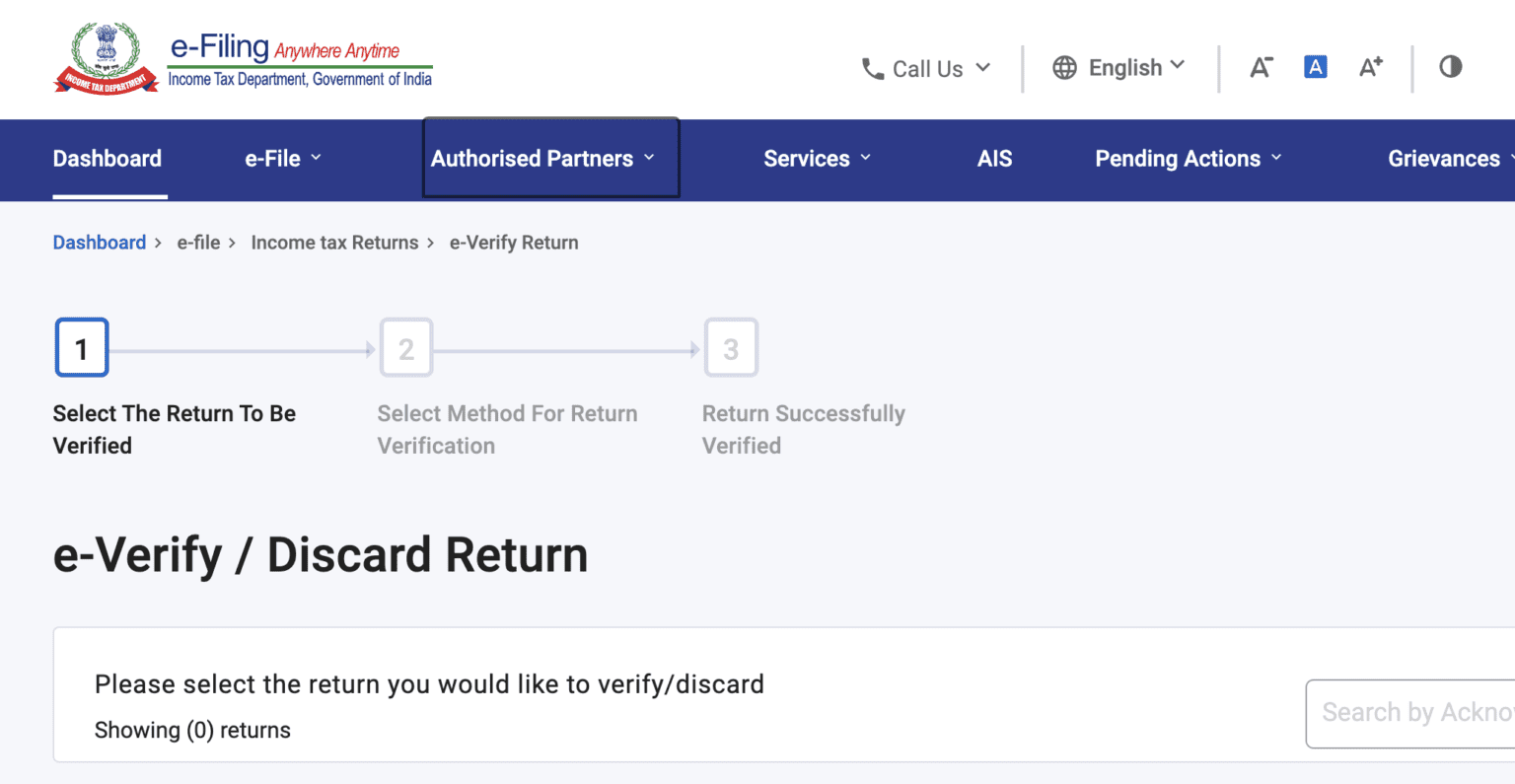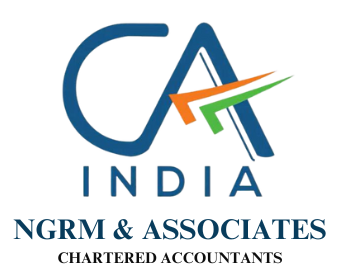According to the Insolvency and Bankruptcy Code, 2016 (the Code), an eligible person is defined as an insolvency professional (IP) if they meet the following criteria: a. they are enrolled with an IPA as a member; and b. they are registered with the Insolvency and Bankruptcy Board of India (the Board) as an insolvency professional (IP).
In order to qualify to become an insolvency professional (IP), a person must:
- Resident of India,
- Not a minor,
- Solvent (i.e., he or she is not an undischarged insolvent or has not applied to be adjudicated as an insolvent),
- Sound mind,
- Qualifications and experience required by the Board,
- Has not previously been found guilty by a competent court of a crime carrying a maximum sentence of six months in jail or a crime
- Decent and fit individual.
Process to become an IP :
The (required) steps to take to get an IP are as follows:
A. For professionals with 10 years of experience (Chartered Accountants, Company Secretaries, Cost Accountants, or Advocates) or graduates with 15 years of managerial experience:
- Stage 1: Succeed in the limited insolvency test
- Stage 2: Within a year after passing the Limited Insolvency Examination, enrol as a professional member with an insolvency professional agency (IPA).
- Stage 3: Finish the IPA’s pre-registration education programme.
- Stage 4: Submit an application to the Board for “insolvency professional” (IP) registration.
B. For young professionals, who have less than ten years of experience or none at all:
- Stage 1: Complete the Graduate Insolvency Programme (GIP)
- Stage 2: Successfully complete and pass the limited insolvency examination
- Stage-3: Within a year of passing the Limited Insolvency Examination, enroll as a professional member with an insolvency professional agency (IPA)
- Stage-4: Complete an IPA pre-registration training programme.
- Stage-5: Submit an application to the Board for “insolvency professional” (IP) registration.
C. The National Insolvency Programme will be notified by the Board in due time.
Parameters of individual for proper registration as an IP
For determining whether an individual is fit and proper for registration as an IP, the Board may take into account any consideration as it deems fit, including but not limited to the following criteria;
- (i) Integrity, reputation and character,
- (ii) Absence of convictions and restraint orders, and
- (iii) Competence, including financial solvency and net worth
FAQ's
Yes, passing the Limited Insolvency Examination (LIE) and completing the Pre-Registration Education Course (PREC) are requirements to become an IP, according to the applicable regulations enacted under the Code.
No. The services of an IP cannot be provided by someone who does not reside in India. He or she may, however, become a partner or director of an IPE that has been approved by the Board.
The concept of an Insolvency Professional Entity (IPE), whereby a number of IPs can join forces and pool their resources and abilities to form an IPE, has been institutionalized by the Board in order to handle insolvency proceedings involving extremely high stakes, complex legal issues, or logistical challenges. According to applicable legislation, IPE's main goal is to offer assistance to the IPs who serve as its partners or directors, as appropriate. A limited liability partnership, a corporation, or a partnership with a minimum net worth of Rs. 1 crore can all be used as IPEs. IPEs, however, are neither registered as IP with the Board nor enrolled as members of an IPA.
The IPA is a primary regulator that enrols and supervises members working as IPs in compliance with the Code and any implementing rules and regulations. In order to maintain IPs' capability and keep them current with market demands and expertise, IPA is also in charge of doing so.
Yes. An individual seeking registration as an IP with the Board, must be enrolled as ‘professional member’ of an IPA.
There are no limitations on a person's ability to choose any specific IPA for enrollment, whether they are professionals or not. As a result, after passing LIE, you can approach any of the IPAs listed above for enrollment.
Diploma Holder is not eligible for enrolment with IPA and registration as an IP with the Board.
The Graduate Insolvency Programme (GIP) is the first programme of its kind for people desiring to enter the profession of insolvency as a career or to fill other positions along the value chain, both in India and in other countries. By completing the GIP, a student will be able to register as an IP under the Code without having to wait for the current 10-year experience requirement.
No, there is not a cap on the age at which one may apply for registration. However, there are age limitations for working as an IP.
Yes. But you are unable to start working as an IP until you have the Authorization for Assignment. To receive Authorization for Assignment and begin IP practise, you must end your employment. If you want to start working again, you can give up your authorization for assignment.
Application fee is Rs.10,000/- (Non-refundable) plus applicable taxes (at present Rs. 1,800 @ 18%). However, the fee is subject to revision from time to time.
While filling-up the e-form for seeking registration as an IP, the fee is to be paid online through debit/credit card.
Application fee is one time. However, an IP registered with the Board should pay a fee of Rs.10000/- plus applicable taxes to the Board, on every five years (from the year in which the certificate is granted) for continuation of registration by the Board. Illustration Where registration is granted on 2nd February, 2018 in the year 2017-18, the fee shall become due on 1st April, 2023, after five years (2018-19, 2019-20, 2020-21, 2021-22 and 2022-23) and it shall be paid on or before the 30th April, 2023.
The Board may award registration to the applicant within sixty days after receiving the application, subject to the fulfillment of requirements and conditions, omitting the period allotted by the Board for submitting additional papers, information, or clarification, or for appearing in person, as applicable.
Yes, subject to additional terms and conditions that may apply, an IP must also comply with the following requirements: a. complete continuing professional education as the Board may require; b. pay renewal fees to the Board every five years; c. file an annual return (Form E); and d. adhere to any additional terms and conditions that may be outlined in the IP Regulations.
Yes. After receiving no opposition from both of the relevant insolvency professional agencies, an IP may transfer their professional membership from one insolvency professional agency to another, subject to previous Board approval.











